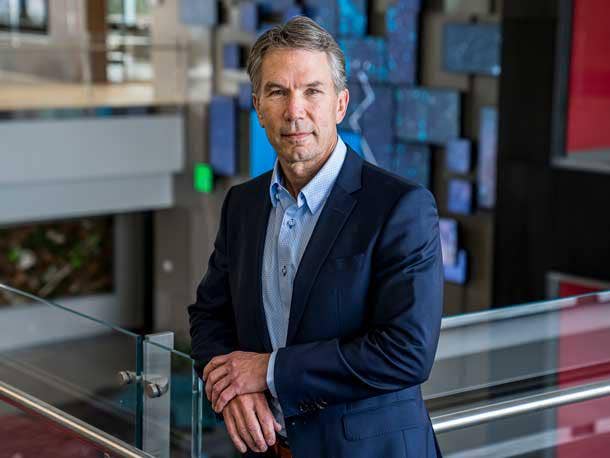In a recent interview with CNBC, Jim Kavanaugh, CEO of World Wide Technology (WWT), offered a stark warning to business leaders about the impact of artificial intelligence on the workforce. Kavanaugh, whose company specializes in enterprise technology solutions, emphasized the importance of transparency and honesty when discussing AI’s potential effects on jobs.
Kavanaugh stated, “If you think you’re going to try to game this, and that you’re going to tell employees nothing’s going to change, and everything’s going to be fine, that’s just BS.” He further elaborated, “There’s going to be all kinds of changes. If I could give any advice, it’s that everybody should be a student of AI and tech and not be afraid of it.” This candid approach underscores the need for organizations to address the inevitable transformations that AI will bring to the workplace.
From our perspective at Briolink, Kavanaugh’s stance aligns with the realities we observe in the AI landscape. While it’s true that AI will disrupt certain job roles, it’s equally important to recognize its potential as a productivity enhancer. The key lies in proactive adaptation and continuous learning. Organizations that invest in AI education and reskilling programs for their workforce are likely to navigate this transition more successfully. Moreover, Kavanaugh’s call for transparency resonates with our experience in AI consulting. We’ve found that companies that openly discuss AI’s impact with their employees tend to foster a culture of innovation and adaptability, which is crucial in today’s rapidly evolving technological environment. As AI continues to reshape industries, businesses must strike a balance between leveraging its benefits and addressing its challenges, always keeping open and honest communication at the forefront of their strategy.









